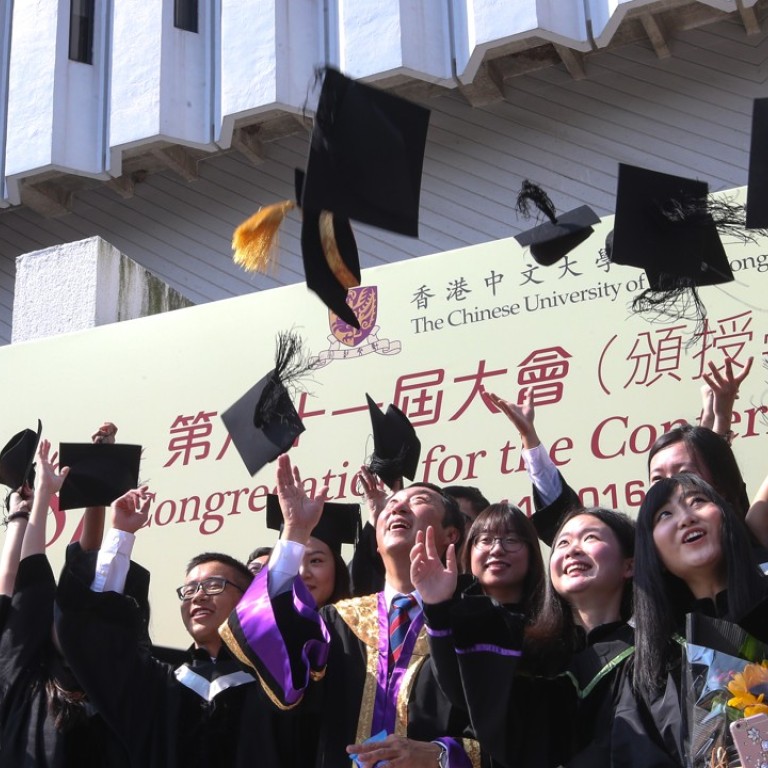
Why Hong Kong students still fight for their degrees, though blue-collar work pays better
I agree with Mr Yau that the negative social stigma attached to blue-collar workers must be removed. All occupations should be regarded as equal. We should respect blue-collar workers’ contribution to society. Only when the stigma is removed, will more students consider manual labour for their future pathway.

On the other hand, a bachelor’s degree is still worth it. As Mr Yau also notes, our society is becoming more knowledge-based. So youngsters need to be armed with professional knowledge in order to live in a more elitist society. It is harder for blue-collar employees to be promoted to higher positions than degree holders. Although a blue-collar employee may make more money than a fresh graduate at first, the graduate will still earn more and have better prospects in the long run.
A university degree is a pathway to a more secure future. However, there is a lot more we can do to encourage the younger generation to explore diverse pathways.
Cheuk Yuen-ting, Tsuen Wan

